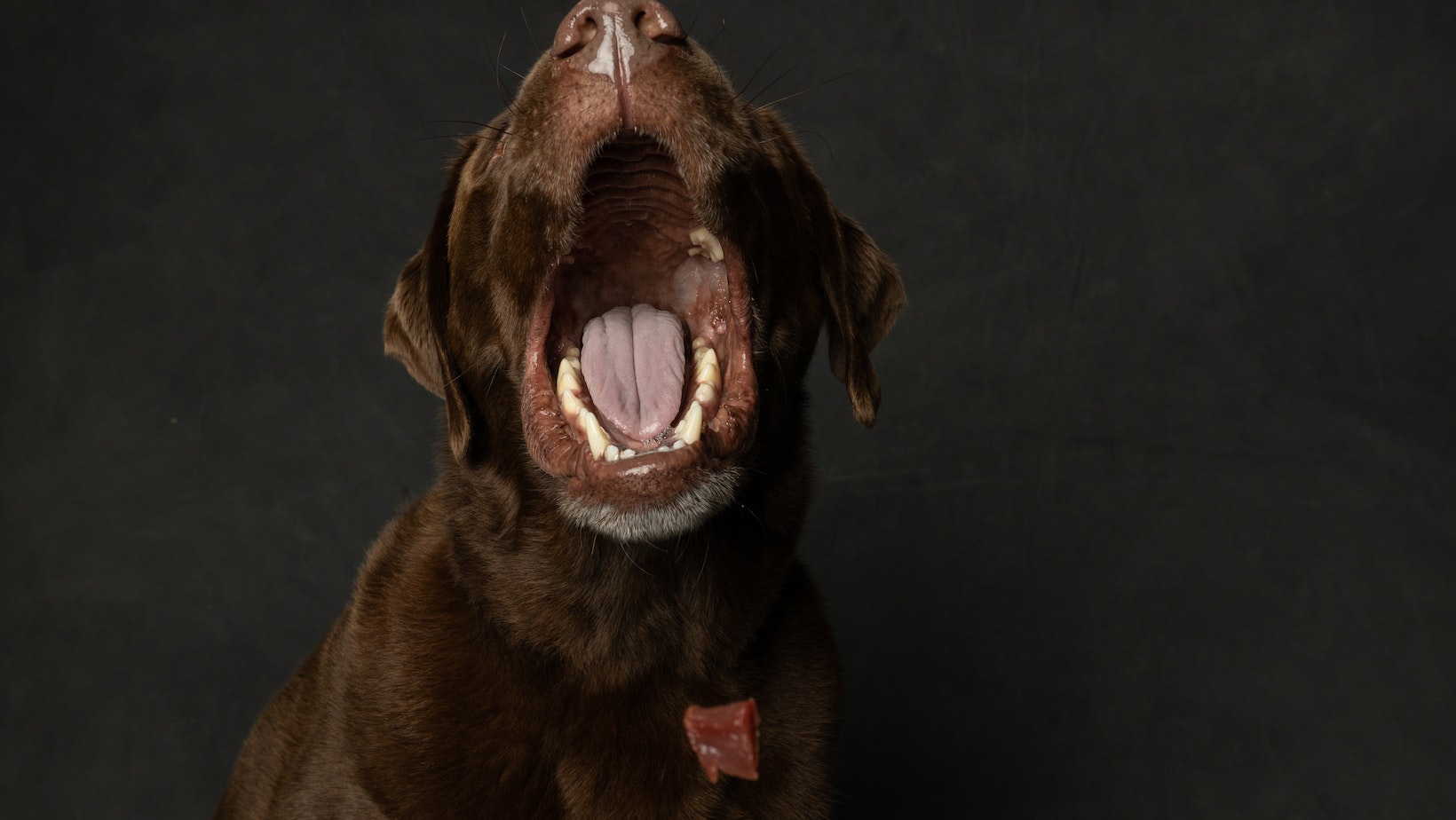Are you struggling with a Labrador that pees when excited? It can be quite frustrating to deal with this issue, but don’t worry, I’ve got some helpful tips on how to stop your dog from peeing when they get too excited. This behavior is common in Labradors and can be addressed with
How to Stop a Dog From Peeing When Excited
When it comes to understanding why dogs pee when they’re excited, it’s important to delve into the scientific aspects of this behavior. Excitement peeing is a common issue among dogs, particularly Labradors. It occurs when a dog becomes overwhelmed with excitement or anticipation and involuntarily releases urine.
One possible explanation for excitement peeing lies in the dog’s autonomic nervous system. This system regulates involuntary bodily functions, including bladder control. When a dog gets overly excited, their sympathetic nervous system can become stimulated, leading to an increase in heart rate, blood pressure, and adrenaline levels. This surge of physiological responses can inadvertently trigger the release of urine.
Another factor that contributes to excitement peeing is a lack of muscular control over the bladder sphincter. Puppies and young dogs are especially prone to this behavior as their bladder muscles may still be developing. As they grow older and gain better control over their muscles, excitement peeing often diminishes or stops altogether.
Recognizing the Triggers for Excitement Peeing
To effectively address excitement peeing in Labradors or any other breed, it’s crucial to identify the triggers that set off this behavior. While each dog may have its own unique triggers, there are some common situations that tend to induce excitement urination:
- Greetings: Dogs may get so thrilled when meeting new people or even familiar ones that they cannot contain their enthusiasm.
- Playtime: Engaging in energetic play sessions can cause excessive excitement in dogs and lead to accidental urination.
- Anxiety: Some dogs may experience anxiety-related excitement urination when faced with stressful situations like thunderstorms or visits to the veterinarian.
- Training sessions: Dogs eager to please during training exercises might become so excited that they lose control over their bladder momentarily.
Understanding the Emotional Component of Excitement Peeing
Excitement peeing is not a deliberate behavior on the part of dogs. It is important to remember that this response is typically driven by emotions rather than intentional actions. Dogs often exhibit excitement urination as an expression of extreme joy or anticipation.

Establishing a Consistent Routine for Bathroom Breaks
When it comes to addressing the issue of a dog peeing when excited, one effective strategy is to establish a consistent routine for bathroom breaks. By implementing a structured schedule and introducing regular potty breaks, you can help your furry friend learn appropriate bathroom habits. Additionally, rewarding successful bathroom trips can reinforce positive behavior and encourage your dog to continue following the established routine.
Creating a Structured Bathroom Schedule
Creating a structured bathroom schedule is essential in preventing accidents caused by excitement-induced urination. By sticking to specific times throughout the day, you’ll be able to regulate your dog’s bladder and reduce the likelihood of accidents occurring. Consider the following tips when establishing your schedule:
- Set fixed times for morning, afternoon, and evening bathroom breaks.
- Take into account your dog’s age and breed-specific needs.
- Be consistent with the duration of each break.
Introducing Regular Potty Breaks
In addition to having set times for bathroom breaks, incorporating regular potty breaks throughout the day can help prevent excitement-related accidents. Dogs often need to relieve themselves after meals or periods of intense activity. By anticipating these moments and taking proactive measures, you can minimize incidents caused by excitement-induced urination.
Consider these suggestions when introducing regular potty breaks:
- Take your dog out immediately after meals.
- Provide an opportunity for them to relieve themselves before engaging in exciting activities or play sessions.
- Monitor their behavior closely for signs that they may need to go outside (such as sniffing around or circling).
Rewarding Successful Bathroom Trips
To further reinforce the desired behavior of urinating outside when excited, it’s essential to reward your dog for successful bathroom trips. Positive reinforcement can be a powerful tool in training dogs and encouraging them to continue following the established routine.
Consider these methods to reward successful bathroom trips:
- Offer verbal praise and affection immediately after your dog completes their business outside.
- Provide small treats specifically designated for potty time success.
- Create a consistent cue or command that signals it’s time for them to go potty.
By consistently rewarding your dog when they exhibit appropriate bathroom habits, you’re reinforcing positive behavior and motivating them to repeat it in the future.